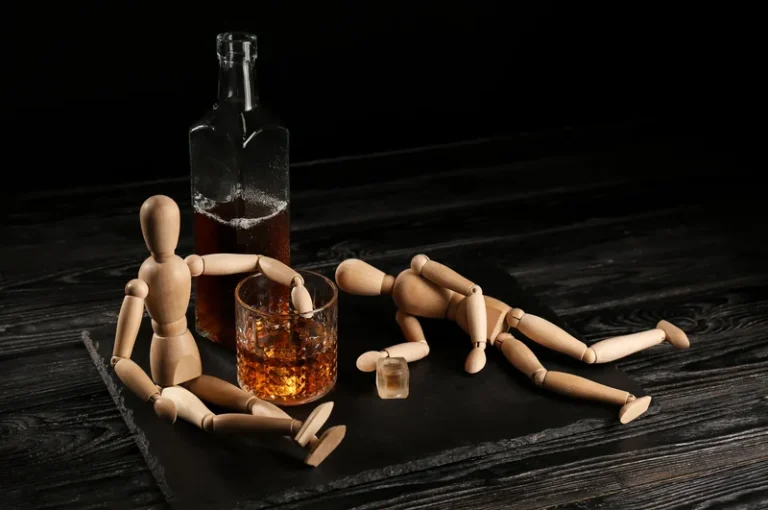
In time this may lead to switching up day and night sleeping patterns. Then, as withdrawal from the drug or alcohol occurs there’s a big sleep-wake reversal which then needs to be addressed. Your deep restful sleep tends to be more prevalent in the first few hours but decreases during the second half.
Help NCOA Make an Impact
Even moderate amounts of alcohol in your system at bedtime alters sleep architecture—the natural flow of sleep through different stages. It also leads to lighter, more restless sleep as the night wears on, diminished sleep quality, and next-day fatigue. Some studies suggest that alcohol can help extend your sleep if these sedative effects are timed with the early phases of sleep, since you’re more likely to fall and stay asleep sooner. Alcohol may also exert some of its effects on sleep by influencing the circadian rhythm.
- Long-term alcohol use negatively affects REM cycles and decreases sleep quality.
- Moreover, it can take one hour for your body to process one serving of alcohol.
- We still have more to learn on this topic, but it does seem that any amount of alcohol can throw off sleep architecture.
- In time this may lead to switching up day and night sleeping patterns.
What you can do if your sleep is impacted
So while cutting out drinking will likely benefit your sleep, there may be other factors affecting your shuteye. Sleepwalking and parasomnias — You may experience moving a lot or talking while you’re sleeping. There’s a chance you’ll physically act out your dreams in your sleep, or even sleepwalk. If you have alcohol in your system when you hit the hay, you may not sleep very deeply, or for very long, on and off throughout the night.

How Alcohol Affects Your Sleep

Treating anxiety can help reduce insomnia and improve overall sleep quality. People with sleep apnea should consider avoiding or reducing alcohol consumption. A person can speak with a doctor to discuss the best way to treat and manage their condition. Below are some common questions around alcohol and sleep quality.
Because alcohol is highly calorific, drinking too much means that your body is suddenly faced with having to burn off these additional calories. Dr. Singh is the Medical Director of the Indiana Sleep Center. His research and clinical practice focuses on the entire myriad of sleep disorders.

- As a result of these frequent awakenings, people tend to clock fewer hours sleeping after drinking alcohol.
- First, alcohol affects everyone differently because of a slew of factors, like age, biological sex, and body composition, just to name a few.
- REM sleep behavior disorder, also known as rapid eye movement sleep behavior disorder (RBD) is a condition in which individuals experience realistic, often frightening dreams during the REM sleep stage.
Even though a glass or two may help you initially drift off faster, it probably won’t benefit your sleep quality in the long run. Besides just waking you up a lot, alcohol can disrupt your normal sleep patterns enough to create some longer-term issues you may need to address. CBTi is recommended as the best starting point for treating insomnia that has lasted more than four weeks (chronic insomnia).
How Does Soda Affect Sleep?

Drinking a small amount of alcohol may help people fall asleep more quickly initially, but over time, individuals will need to consume more alcohol to achieve the same effect. As your body metabolizes the alcohol and the sedative effects wear off, it can interfere with your circadian rhythm, and cause you to wake up frequently or before you’re properly rested. People often turn to alcohol when they struggle to fall asleep. While this may work for a short time, typically, more alcohol is needed to accomplish this over time. This can lead to worsened insomnia and can be harder to treat. This practice can mask an underlying sleep disorder such as obstructive sleep apnea which may be causing the insomnia in the first place.
- The rebound effect may include more time in REM—a lighter sleep stage from which it is easy to be awakened.
- Maybe you enjoy a glass of beer or wine after dinner, or your weekends include drinking with friends at bars or social events.
- The key is to drink in moderation and give yourself time before going to bed, so the alcohol can clear your system.
As blood alcohol levels rise and fall, alcohol exerts different effects on your sleep. Anyone who has experienced a restless night after a few drinks can attest to alcohol’s disruptive effect on sleep. Though alcohol can increase drowsiness and reduce the time it takes to fall asleep, it does alcohol help you sleep can ultimately reduce sleep quality and change sleep patterns. Moreover, alcohol can reduce the time spent in one sleep cycle while increasing the time spent in another. Breathing problems — Since alcohol’s sedative effect extends to your entire body, including your muscles, it may allow your airway to close more easily while you’re asleep.
Studies estimate that 36–91% of people experiencing alcohol dependence may have insomnia. Lindsay Modglin is a nurse and professional writer who regularly writes about complex medical topics, as well as travel and the great outdoors. She holds a professional certificate in scientific writing from Stanford University School of Medicine and has contributed to many major publications including Insider and Verywell.

Scrivi un commento